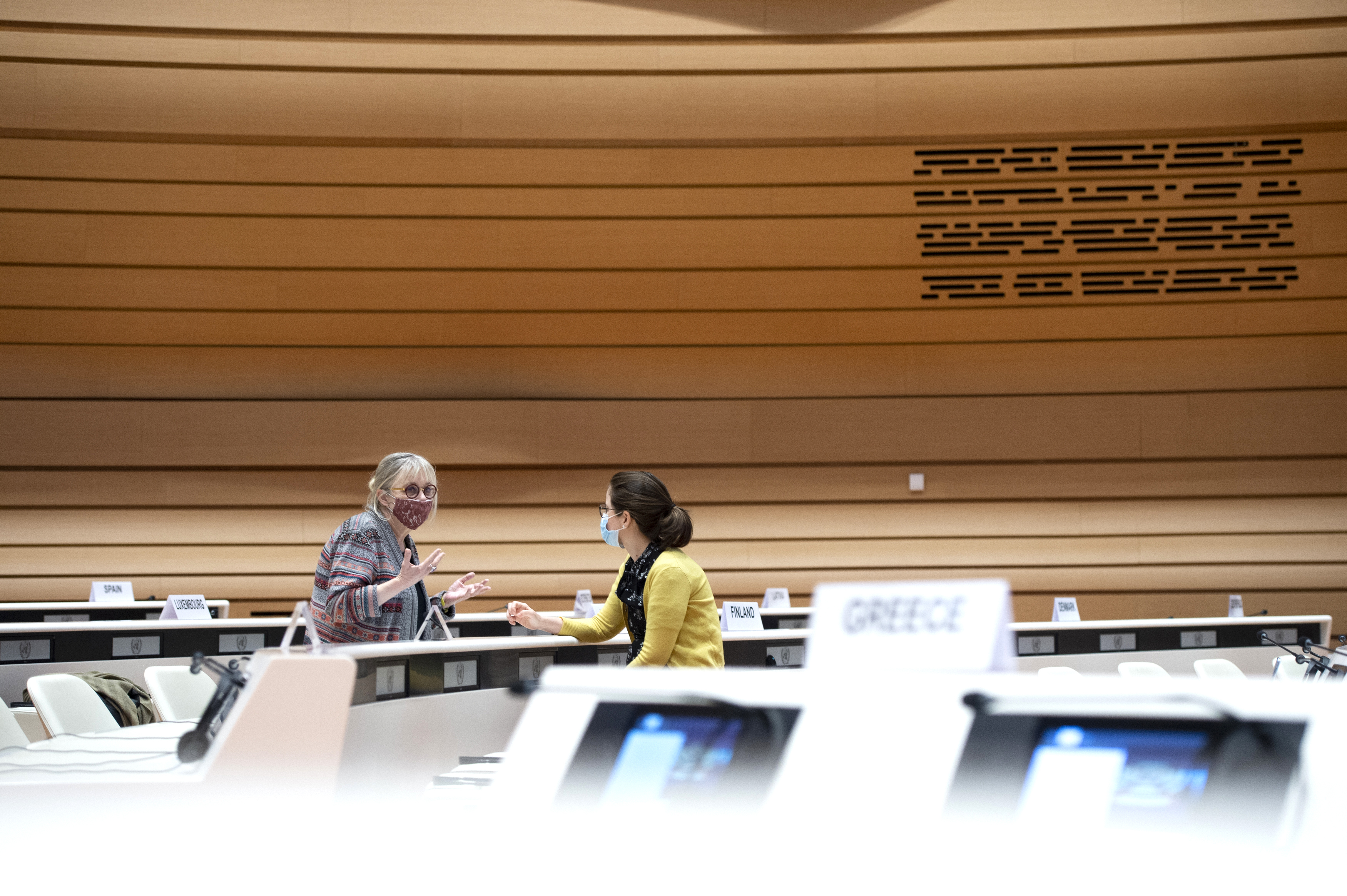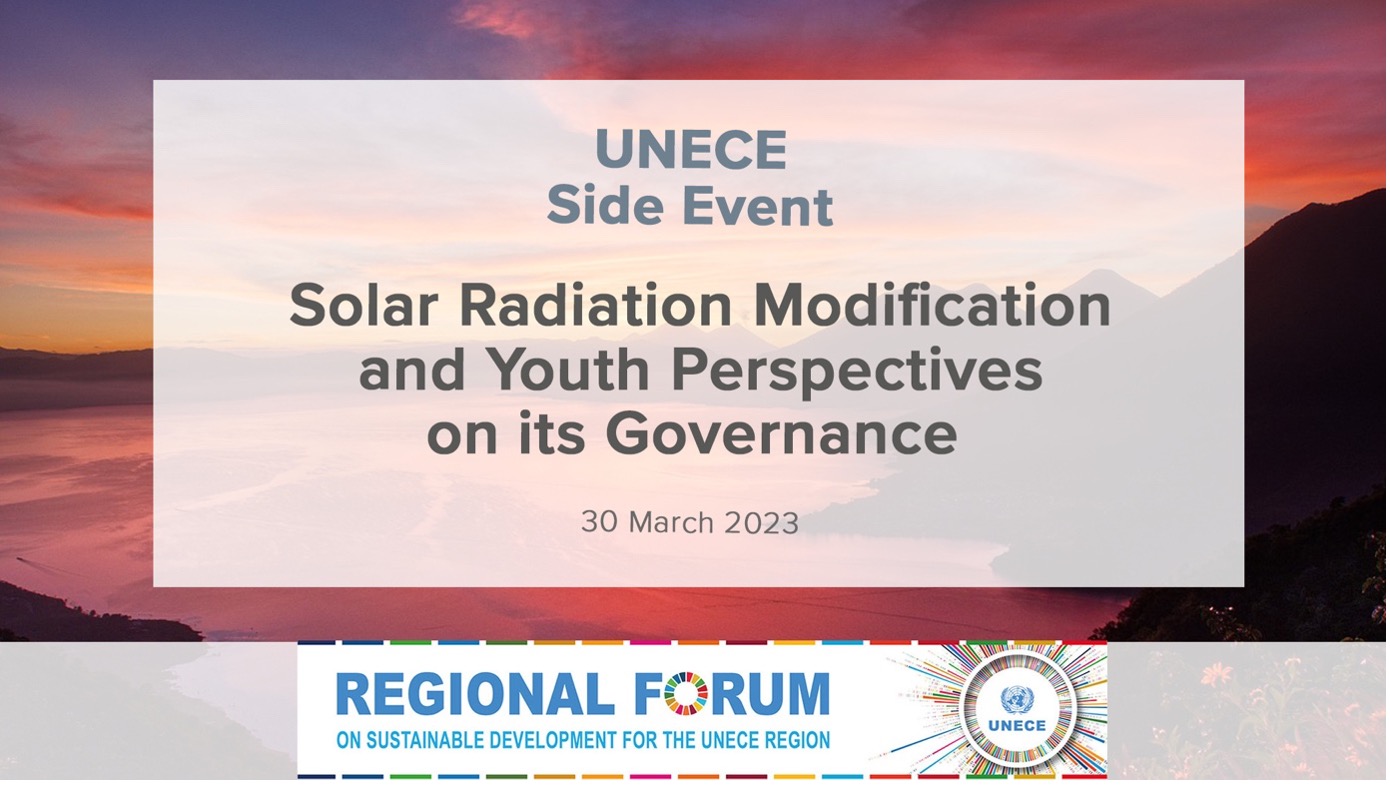Background
As global temperatures continue to rise exponentially and current climate action struggles to reduce global emissions fast enough, the case for potentially radical high-risk measures such as Solar Radiation Modification (SRM) grows stronger. The recent IPCC sixth assessment report has made it clear that emission reductions alone are unlikely to prevent the detrimental impacts of climate change. Under these circumstances, some actors globally are calling for research and the potential development of a viable last-resort option, such as SRM.
Tampering with highly complex ecological systems is sure to have unpredictable consequences. Regardless of whether or not SRM technologies are administered, structured governance is imperative to ensuring that decisions about research and deployment are informed and unbiased. Governance frameworks can also help soothe current concerns around SRM, paving the way for consolidated collective action.
Too often youth voices remain an afterthought in the development and implementation of policy and planning, highlighting the need to create enabling environments for young people to engage in local, regional and international policy-making frameworks. Youth involvement would ensure that SRM technologies are implemented in responsible and sustainable manners, aligned with the values and priorities of future generations.
SRM lies at the nexus of many of the sustainable development goals. Significant research is required on SRM, bringing relevance to SDG9. Ethical, social, and environmental concerns, including geopolitical risks, are raised by ungoverned SRM, making it relevant to SDG16. Similarly, international cooperation and coordination across governments, civil society, including youth, and the private sector, link it to SDG17.
Youth Voices for Emerging Climate Governance; SDG7 Youth Constituency



